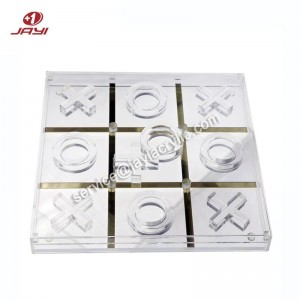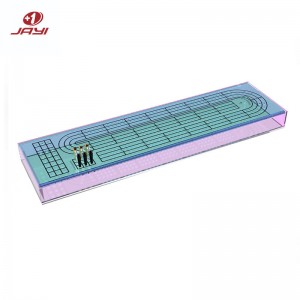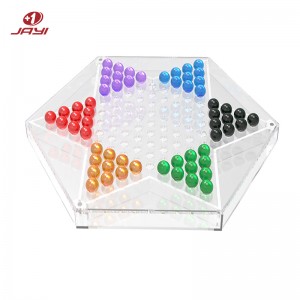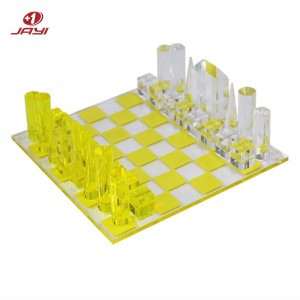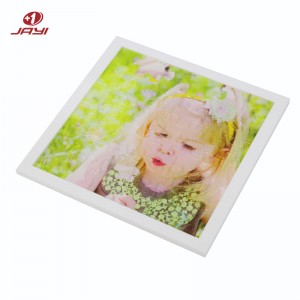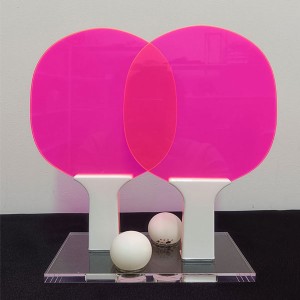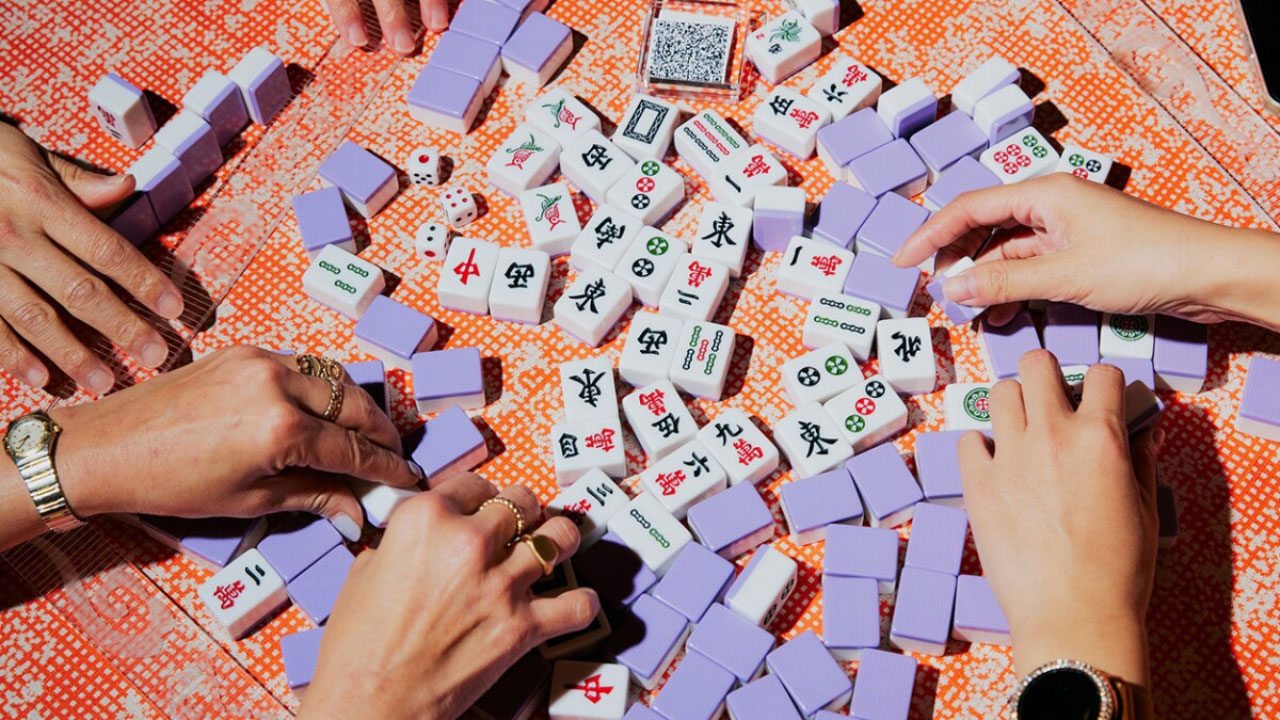
Mahjong isn't just a game—it's a captivating blend of fun and mental challenge. Rooted in Chinese culture, this tile-based pastime has won hearts worldwide, and it's easy to see why.
Gathering four players by default, it's a natural remedy for loneliness, fostering lively chats and shared laughter. As you arrange tiles into winning sets, your brain gets a workout: sharpening strategy, boosting memory, and honing quick thinking.
It's versatile too—play casually at home or in competitive settings. Either way, every round brings new thrills, from clever moves to surprise wins. More than entertainment, it's a way to connect, learn, and grow, making it a timeless choice for anyone seeking joy with substance.
What is Mahjong?
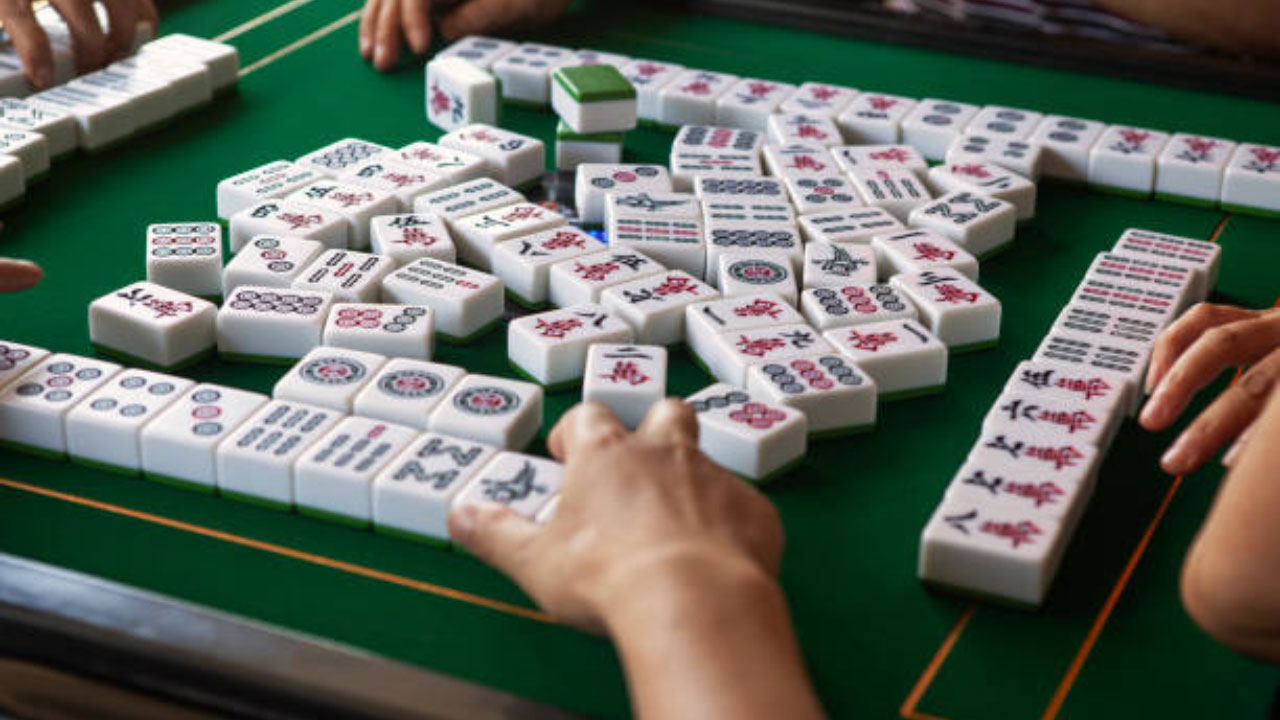
Mahjong is a traditional tile-based game that originated in China, with a history spanning centuries. It is typically played with four players, though variations for three or even two players exist. The game uses a set of 144 tiles (in standard versions) adorned with various symbols, characters, and numbers, each with specific meanings and roles in the gameplay.
The objective of Mahjong varies slightly depending on the regional variant, but generally, players aim to form specific combinations of tiles, such as sequences, triplets, or pairs, by drawing and discarding tiles in turns. It combines elements of strategy, luck, skill, and observation, making it a beloved pastime across the globe, with different cultures adapting it to their traditions while retaining its essence.
Whether played casually among friends and family or in competitive settings, Mahjong offers a unique blend of mental stimulation and social interaction.
Benefits of Playing Mahjong
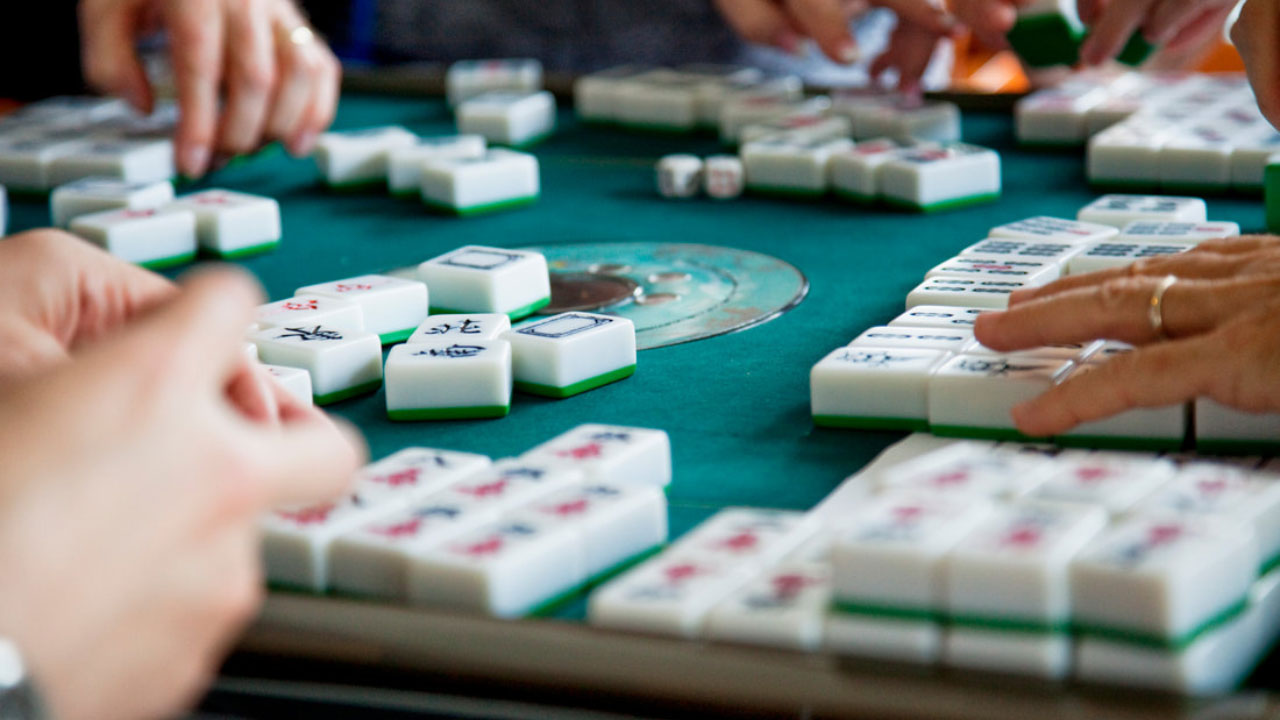
1. Boosts Strategic and Logical Thinking
Mahjong is a game that requires constant planning and adaptation. Each move involves evaluating the tiles you have, predicting what your opponents might need, and deciding which tiles to keep or discard to form the desired combinations.
This process forces players to think strategically, considering both short-term and long-term goals. For example, you might need to decide whether to hold onto a tile that could complete a sequence later or discard it to avoid helping an opponent.
Over time, regular play hones logical reasoning skills as players learn to analyze patterns and make connections between different tile combinations.
2. Helps Fight Alzheimer's / Dementia
Numerous studies have suggested that engaging in mentally stimulating activities can help reduce the risk of age-related cognitive decline, including Alzheimer's disease and dementia.
Mahjong, with its complex rules and need for constant mental engagement, is one such activity. The game requires players to remember which tiles have been discarded, track opponents' moves, and make quick decisions, all of which exercise the brain and keep neural pathways active.
A study published in a leading geriatrics journal found that older adults who played Mahjong regularly showed better cognitive function and a lower incidence of dementia compared to those who didn't engage in such mental activities.
3. Improves Pattern Recognition Skills
Recognizing patterns is at the heart of Mahjong.
Players must identify sequences (like three consecutive numbers) and triplets (three of the same tile) among their own tiles and also be aware of potential patterns forming in their opponents' hands based on the tiles they discard.
This constant focus on patterns trains the brain to quickly spot similarities and differences, a skill that translates to other areas of life, such as problem-solving in work or daily tasks.
For instance, someone who is good at recognizing Mahjong patterns may find it easier to spot trends in data or identify recurring themes in a project.
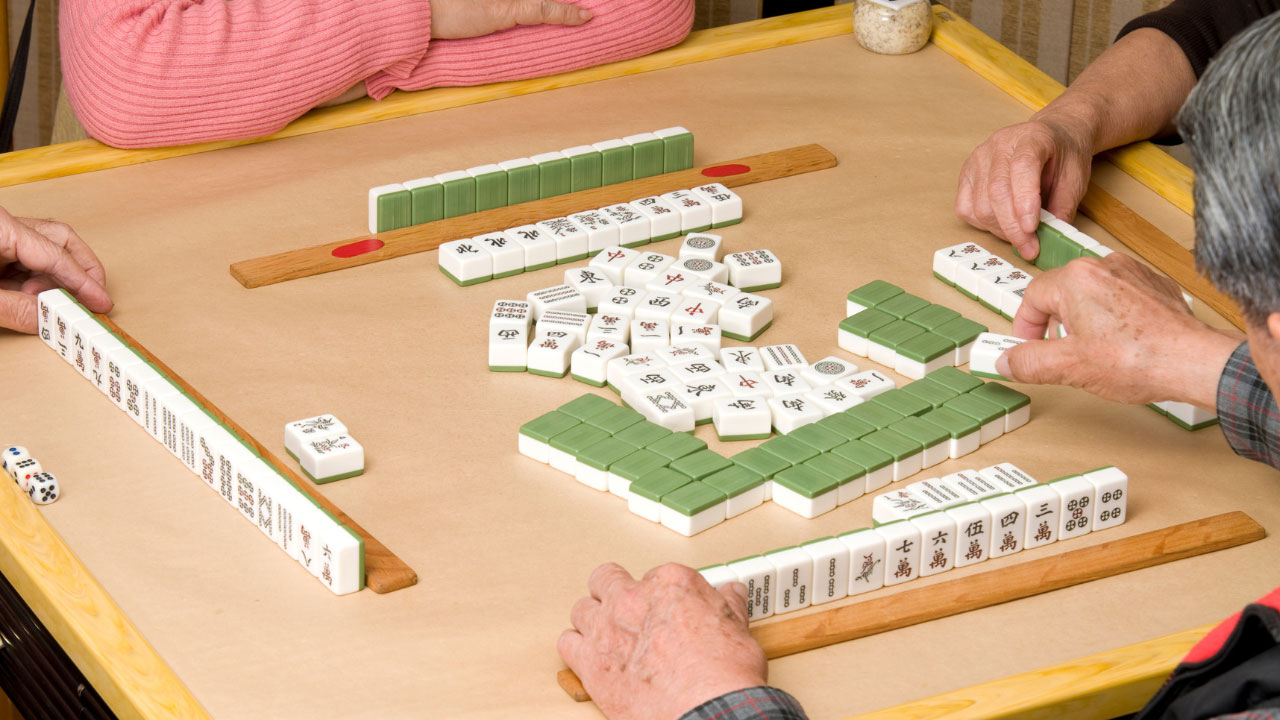
4. Improves Concentration and Mental Agility
To succeed in Mahjong, players need to stay focused throughout the game. Distractions can lead to missed opportunities or costly mistakes, like discarding a crucial tile.
The fast-paced nature of the game, where tiles are drawn and discarded in quick succession, also demands mental agility. Players must process information rapidly, adjust their strategies on the fly, and stay alert to changes in the game state.
Regular play helps improve concentration spans, allowing players to stay focused for longer periods, and enhances mental flexibility, making it easier to switch between different tasks and lines of thought.
5. Boosts Problem-Solving Skills
Every hand in Mahjong presents a unique problem to solve: how to combine the tiles you draw with the ones you already have to form a winning set. This requires creative thinking and the ability to explore multiple solutions.
For example, if you're one tile short of a winning combination, you might need to consider different ways to get that tile, whether by drawing it from the wall or by getting an opponent to discard it.
Players learn to assess the pros and cons of each option and choose the best course of action, a skill that is invaluable in both personal and professional life. Over time, this constant problem-solving strengthens the brain's ability to tackle challenges effectively.
6. Lowers the Risk of Depression
Social isolation and a lack of mental stimulation are known risk factors for depression.
Mahjong, being a social game, provides an opportunity for regular interaction with others, which can help combat feelings of loneliness. Additionally, the focus and engagement required during the game can take one's mind off negative thoughts and worries. The sense of achievement from winning a hand or making a good move also releases endorphins, the body's natural mood boosters.
A survey conducted among Mahjong players found that a majority reported feeling less stressed and more positive after playing, indicating a potential role in reducing the risk of depression.
7. Enhances Memorization
Remembering which tiles have been discarded is crucial in Mahjong, as it helps players determine which tiles are still available and which ones their opponents might be looking for. This constant exercise in memory retention strengthens the brain's ability to store and recall information.
Players also need to remember the rules of the game, including the different winning combinations and special hands, which further enhances their memorization skills.
This improved memory can benefit other areas of life, such as learning new skills, remembering important dates, or recalling information for exams or work.
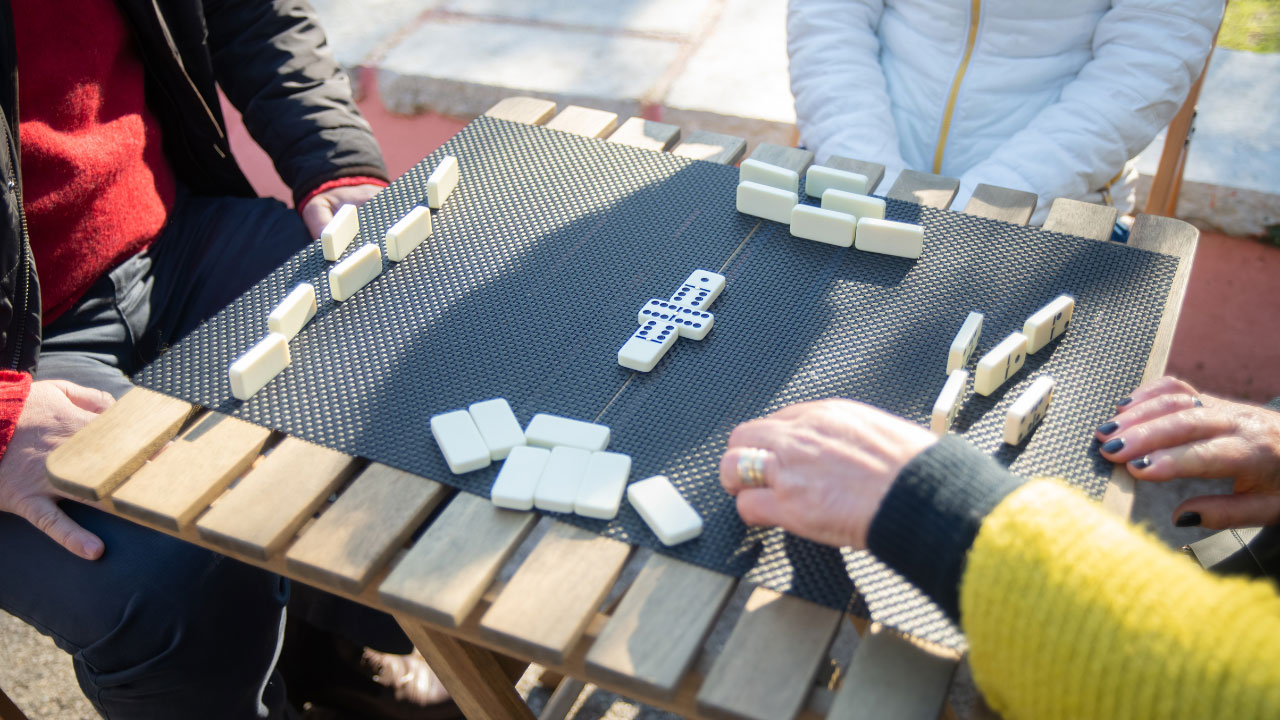
8. Helps Nurture a New Hobby
Mahjong is a hobby that is easy to start and can provide endless hours of enjoyment. It has a low barrier to entry, as the basic rules can be learned relatively quickly, and there's always room to improve and learn more advanced strategies.
For people looking to pick up a new pastime, Mahjong offers a fun and social way to spend their free time. It can be played in various settings, from home with family to community centers with friends, making it a versatile hobby that can fit into any lifestyle.
Nurturing a new hobby like Mahjong can also bring a sense of fulfillment and purpose, adding richness to one's life.
9. Therapeutic and Relaxing in Nature
The rhythmic nature of drawing and discarding tiles, combined with the social interaction, can have a therapeutic effect on players. It provides a break from the stresses of daily life, allowing them to focus on the game and unwind.
Many players find that the concentration required in Mahjong helps them clear their minds and reduce anxiety. Whether played in a cozy living room or a garden setting, the game creates a relaxed atmosphere where players can enjoy each other's company and forget about their worries.
This relaxing aspect makes Mahjong a great way to recharge and improve overall well-being.
10. Encourages Social Interactions & Friendship
Mahjong is inherently a social game, as it is typically played with four players. It provides a platform for people to come together, interact, and build relationships. Whether it's with friends, neighbors, or even strangers, playing Mahjong creates opportunities for conversation, laughter, and bonding.
Regular Mahjong games often lead to the formation of strong friendships, as players share a common interest and spend quality time together.
For people who may be socially isolated, such as the elderly or those new to a community, Mahjong can be a great way to meet new people and expand their social circle.
11. Promotes Patience and Emotional Control
Mahjong is a game that requires patience. It can take time to form a winning hand, and there will be moments when things don't go your way, such as drawing unwanted tiles or having your winning tile discarded by an opponent.
In these situations, players need to remain calm and avoid getting frustrated, as losing one's temper can lead to poor decisions. Over time, this helps develop patience and emotional control, as players learn to accept setbacks and stay focused on the game.
These skills are transferable to other areas of life, such as dealing with stress at work or handling difficult situations in personal relationships.
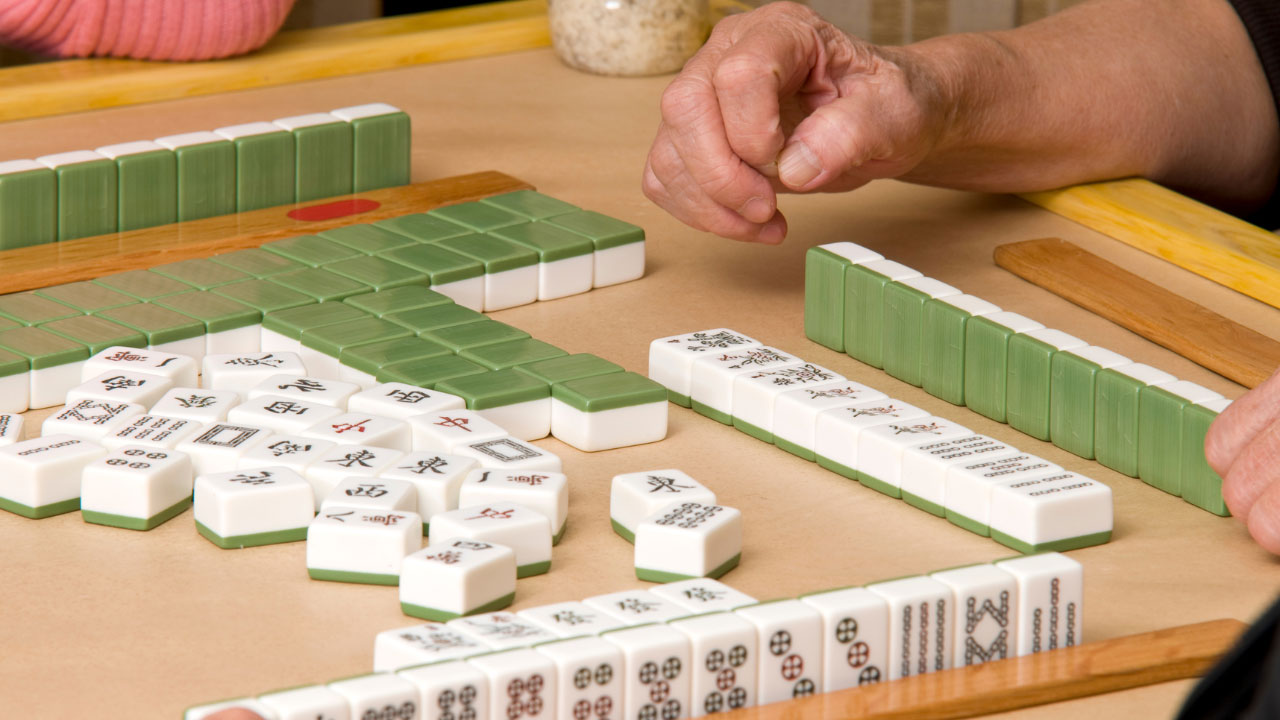
12. Promotes Mindfulness
Mindfulness is the practice of being fully present in the moment, and Mahjong can help cultivate this state. When playing, players need to focus on the current tile, their hand, and the moves of their opponents, without getting distracted by past mistakes or future worries.
This focus on the present moment helps develop mindfulness skills, which can reduce stress and improve overall mental well-being. By staying in the moment during a Mahjong game, players learn to appreciate the small details and enjoy the experience, rather than rushing through it.
This mindfulness can carry over into daily life, making individuals more aware of their thoughts, feelings, and surroundings.
13. Fosters a Sense of Achievement and Confidence
Winning a hand or making a clever move in Mahjong gives players a sense of achievement.
This feeling of success, no matter how small, can boost confidence and self-esteem. As players improve their skills and win more games, their confidence grows, which can have a positive impact on other areas of their lives.
Whether it's tackling a new challenge at work or trying a new activity, the confidence gained from Mahjong can give individuals the courage to step outside their comfort zones. Additionally, the process of learning and improving at the game teaches players that hard work and practice pay off, fostering a growth mindset.
14. Helps Appreciate Culture & Preserve Tradition
Mahjong has a rich cultural history, originating in China and spreading to other parts of Asia and the world. Playing the game allows individuals to connect with this cultural heritage and learn about the traditions and values associated with it.
The mahjong tiles themselves often feature symbols and characters that have cultural significance, such as dragons, winds, and bamboo, which can spark curiosity and lead to further exploration of Chinese culture.
By playing Mahjong, people help preserve this traditional game and pass it on to future generations, ensuring that its cultural importance is not lost.
15. Stimulates Your Brain
Mahjong is a mental workout that engages various parts of the brain. From the visual processing needed to recognize tiles to the logical reasoning required to form winning combinations, the game activates multiple cognitive functions.
This stimulation helps keep the brain healthy and active, which is important for maintaining cognitive abilities as we age. Studies have shown that regular mental stimulation can increase brain plasticity, the brain's ability to adapt and change, which can help prevent age-related cognitive decline.
Whether you're a beginner or an experienced player, every game of Mahjong provides a unique challenge that keeps your brain working.
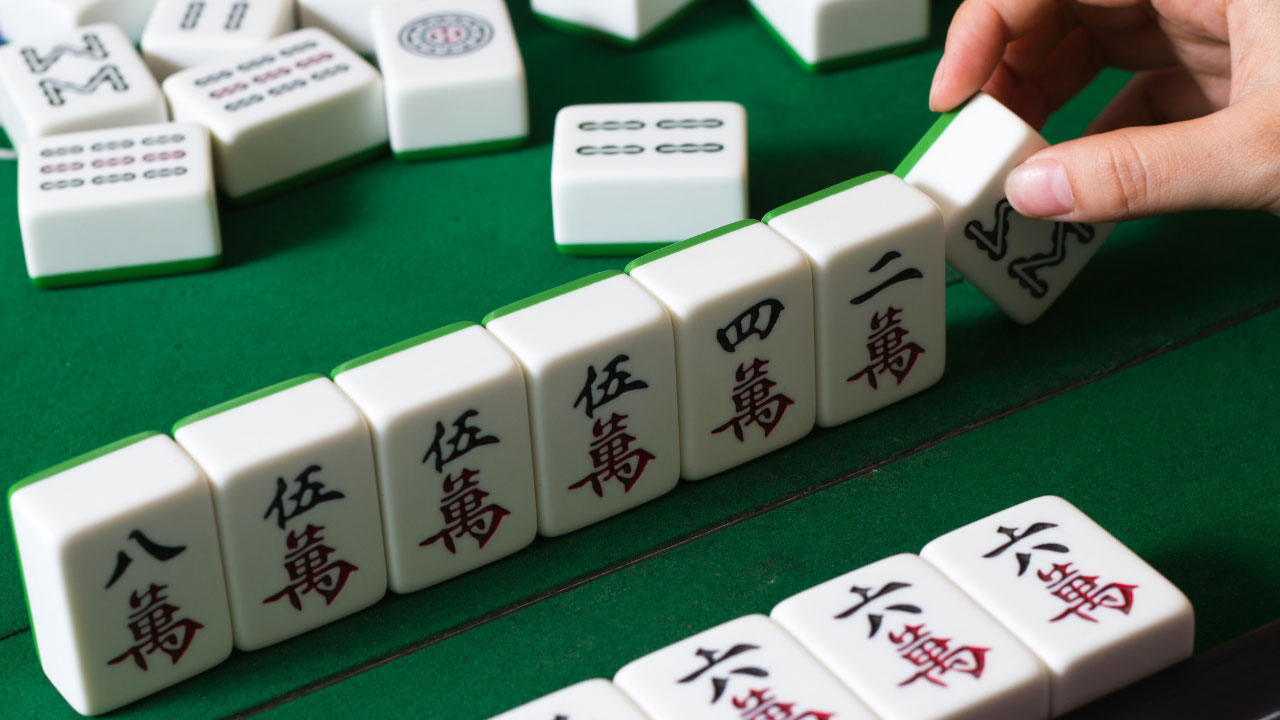
16. Makes You Observant
To succeed in Mahjong, players need to be observant of their opponents' moves, facial expressions, and body language. This can give clues about what tiles they might be holding or what they're trying to achieve.
Being observant also helps players notice patterns in the game, such as which tiles are being discarded more frequently or which combinations are being formed. Over time, this heightened sense of observation transfers to daily life, making individuals more aware of their surroundings and the people around them.
This can be beneficial in various situations, from noticing non-verbal cues in a conversation to spotting potential problems at work.
17. Cultivates Stronger Family Ties
Playing Mahjong with family members is a great way to strengthen bonds. It provides a fun and relaxed environment where family members can interact, share stories, and create memories. Whether it's a weekly family Mahjong night or a holiday gathering, the game brings people together and encourages communication.
For children, playing Mahjong with parents and grandparents can help them learn about family traditions and values, while for adults, it's a chance to reconnect with loved ones and spend quality time together. These shared experiences can deepen family relationships and create a sense of unity.
18. Boosts Mood
The combination of social interaction, mental stimulation, and the sense of achievement from playing Mahjong can have a positive impact on mood. When you play, you're likely to laugh, chat, and enjoy the company of others, all of which release endorphins, the body's "feel-good" hormones.
Winning a game or making a good move can also bring a rush of happiness and satisfaction. Even if you don't win, the act of playing and engaging in a fun activity can lift your mood and reduce feelings of sadness or anxiety.
Many players report that they feel happier and more energized after a game of Mahjong, making it a great way to boost your mood.
19. It is a Form of Entertainment
At its core, Mahjong is a form of entertainment. It provides hours of fun and enjoyment, whether played casually or competitively. The game has a certain unpredictability, as the tiles are drawn randomly, which keeps each game exciting and unique.
There's always a chance of a surprising win or a clever move, which adds to the entertainment value. Mahjong can be enjoyed by people of all ages, making it a great activity for parties, gatherings, or just a quiet evening at home. It's a timeless form of entertainment that never goes out of style.
20. Sharpens Your Mathematical Skills
Mahjong involves counting, calculating probabilities, and understanding numbers.
For example, players need to count the number of tiles remaining, calculate the odds of drawing a particular tile, and keep track of points in some variations of the game. This constant use of mathematical skills helps sharpen numeracy, making players more comfortable with numbers and calculations.
Children who play Mahjong can benefit from improved math skills, as the game makes learning numbers fun and engaging. Even adults can enhance their mathematical abilities, which can be useful in everyday life, such as budgeting, shopping, or calculating tips.
| Mathematical Skills Used in Mahjong | Examples in Gameplay |
| Counting | Keeping track of the number of tiles drawn and discarded. |
| Probability calculation | Estimating the likelihood of drawing a needed tile based on the tiles already discarded. |
| Addition and subtraction | Calculating points in scoring variations of the game. |

21. Promotes Collaboration
While Mahjong is often seen as a competitive game, there are variations where collaboration is key.
For example, in some team-based versions, players work together to achieve a common goal, such as forming a specific combination or preventing the opposing team from winning. Even in standard Mahjong, players may need to collaborate indirectly, such as by discarding tiles that help a partner (in friendly games) or by working together to figure out the rules of a new variant.
This promotes teamwork and communication skills, as players learn to coordinate their moves and support each other. Collaboration in Mahjong can also strengthen relationships, as players rely on each other to succeed.
22. Improves Hand-Eye Coordination
Picking up, arranging, and discarding tiles requires precise hand movements and coordination with the eyes. Players need to see the tiles, judge their position, and then use their hands to manipulate them accurately.
This repeated practice improves hand-eye coordination, which is important for many daily activities, such as writing, typing, or playing sports. For children, developing hand-eye coordination through Mahjong can aid in their overall motor skill development.
For older adults, it can help maintain dexterity and prevent age-related decline in motor function.
23. Makes You a Better Multitasker
In Mahjong, players need to do multiple things at once: keep track of their mahjong tiles, monitor their opponents' moves, remember which tiles have been discarded, and plan their next move.
This requires the ability to multitask, switching between different tasks quickly and efficiently. Over time, regular play improves multitasking skills, as players learn to prioritize and manage multiple pieces of information simultaneously.
This skill is valuable in today's fast-paced world, where we often need to juggle multiple responsibilities at work or home. Being a better multitasker can increase productivity and reduce stress.
24. It is a Form of Mental Break
In our busy lives, it's important to take mental breaks to recharge. Mahjong provides the perfect opportunity for this.
When you play, you can focus on the game and temporarily forget about work, chores, and other stressors. It's a chance to give your brain a break from the constant flow of information and demands of daily life. The mental engagement required in Mahjong is different from the stress of work or other responsibilities, making it a relaxing and rejuvenating break.
Taking regular mental breaks with Mahjong can improve focus and productivity when you return to your tasks, as it allows your brain to rest and recover.
Conclusion
Mahjong, a centuries-old tile game from China, offers 24 key benefits. It boosts brain functions like strategic thinking, pattern recognition, and problem-solving, aiding memory and fighting cognitive decline. Socially, it fosters interactions, strengthens family ties, and builds friendships, reducing loneliness and depression.
Emotionally, it promotes patience, mindfulness, and mood elevation. It sharpens math skills, hand-eye coordination, and multitasking. As a hobby, it’s relaxing, therapeutic, and culturally enriching, preserving traditions. Blending skill and luck, it entertains all ages, providing mental breaks and a sense of achievement. Truly, it’s a holistic activity benefiting mind, relationships, and well-being.
FAQs About Mahjong Game
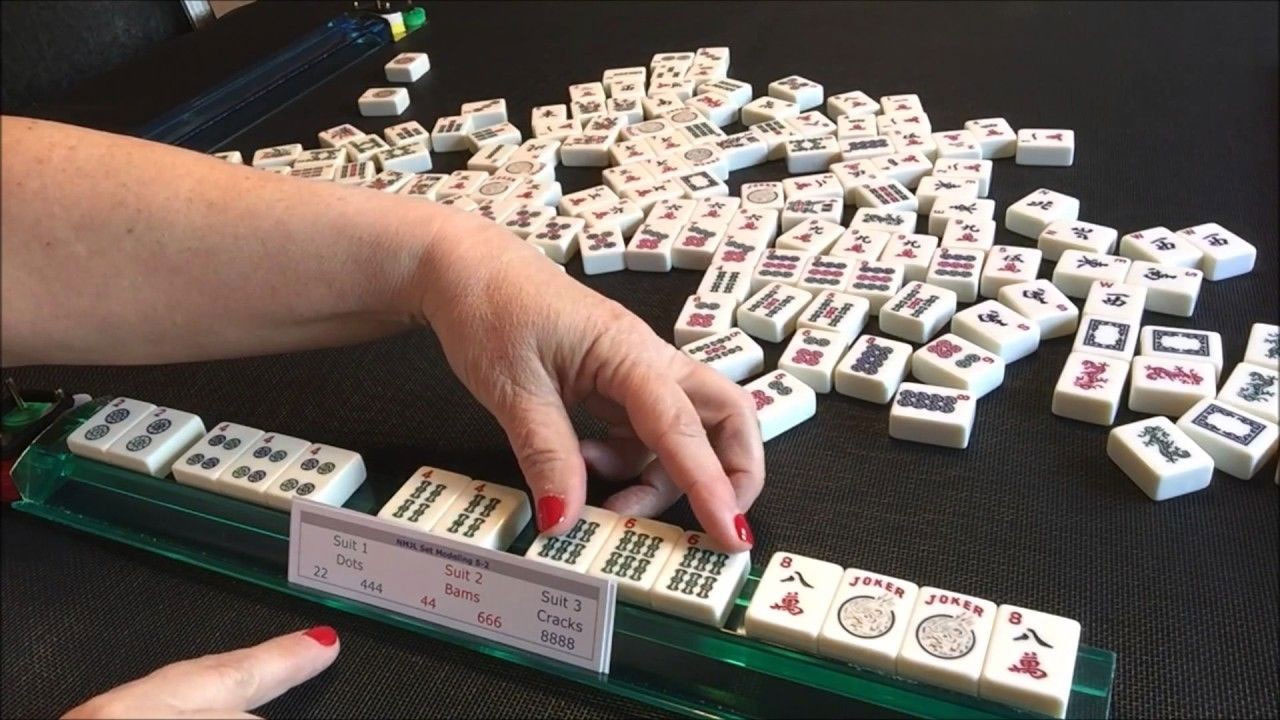
What Skill Does Playing Mahjong Teach?
Playing Mahjong teaches a wide range of skills, including strategic thinking, logical reasoning, pattern recognition, problem-solving, memorization, patience, emotional control, and social skills. It also enhances mathematical abilities, hand-eye coordination, and multitasking skills.
Is Playing Mahjong a Skill or Luck?
Mahjong is a combination of both skill and luck. The random drawing of tiles introduces an element of luck, as you can't control which tiles you receive. However, skill plays a significant role in how you use the tiles you're dealt. Skilled players can make better decisions about which tiles to keep or discard, read their opponents' moves, and adapt their strategies to increase their chances of winning. Over time, skill becomes more important, as experienced players can consistently outperform less skilled ones, even with the element of luck.
Does Mahjong Improve the Brain?
Yes, Mahjong is beneficial for the brain. It stimulates various cognitive functions, including memory, attention, reasoning, and problem-solving. Regular play can help improve brain plasticity, reduce the risk of age-related cognitive decline, and enhance overall mental agility. Studies have shown that Mahjong players often have better cognitive function compared to those who don't engage in such mentally stimulating activities.
Is Mahjong an Intelligent Game?
Mahjong is considered an intelligent game because it requires a high level of mental engagement and skill. It demands strategic thinking, logical reasoning, and the ability to make quick decisions based on complex information. The game's complexity and the need to adapt to changing circumstances make it a challenging and intellectually stimulating activity. It's not just about luck; it requires intelligence and skill to master.
Does Playing Mahjong Help You Sleep?
While no direct evidence links Mahjong to better sleep, its relaxing, stress-relieving traits can aid indirectly. The game eases anxiety by offering a mental break and fostering social interaction, tackling key sleep disruptors.
Daytime mental stimulation from Mahjong may also boost nighttime tiredness, aiding sleep onset. Yet, avoid playing right before bed—intense focus might overstimulate, hindering rest. Overall, it supports better sleep through stress reduction and mood improvement.
Jayiacrylic: Your Leading China Custom Mahjong Set Manufacturer
Jayi acrylic is a professional custom mahjong set manufacturer in China. Jayi’s custom mahjong set solutions are crafted to enthrall players and present the game in the most alluring way. Our factory holds ISO9001 and SEDEX certifications, guaranteeing top-notch quality and ethical manufacturing practices. With more than 20 years of experience partnering with leading brands, we fully grasp the significance of creating custom mahjong sets that enhance gameplay enjoyment and satisfy diverse aesthetic preferences.
You Might Also Like Other Custom Acrylic Games
Request An Instant Quote
We have a strong and efficient team which can offer you and instant and professional quote.
Jayiacrylic has a strong and efficient business sales team that can provide you with immediate and professional acrylic game quotes. We also have a strong design team that will quickly provide you with a portrait of your needs based on your product's design, drawings, standards, test methods, and other requirements. We can offer you one or more solutions. You can choose according to your preferences.
Post time: Jul-22-2025




